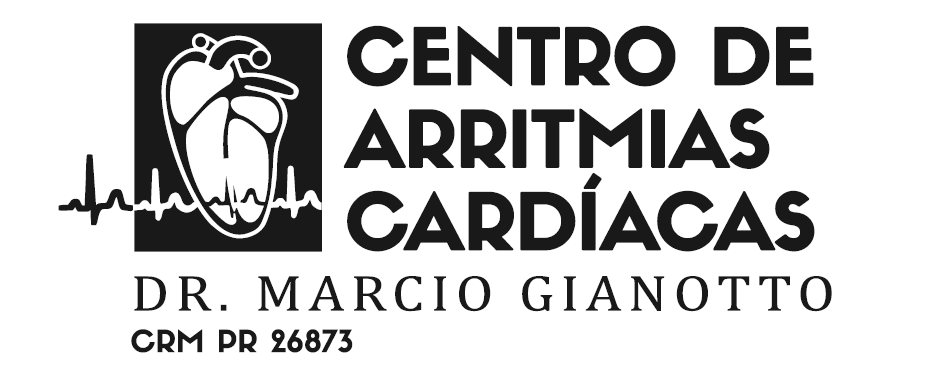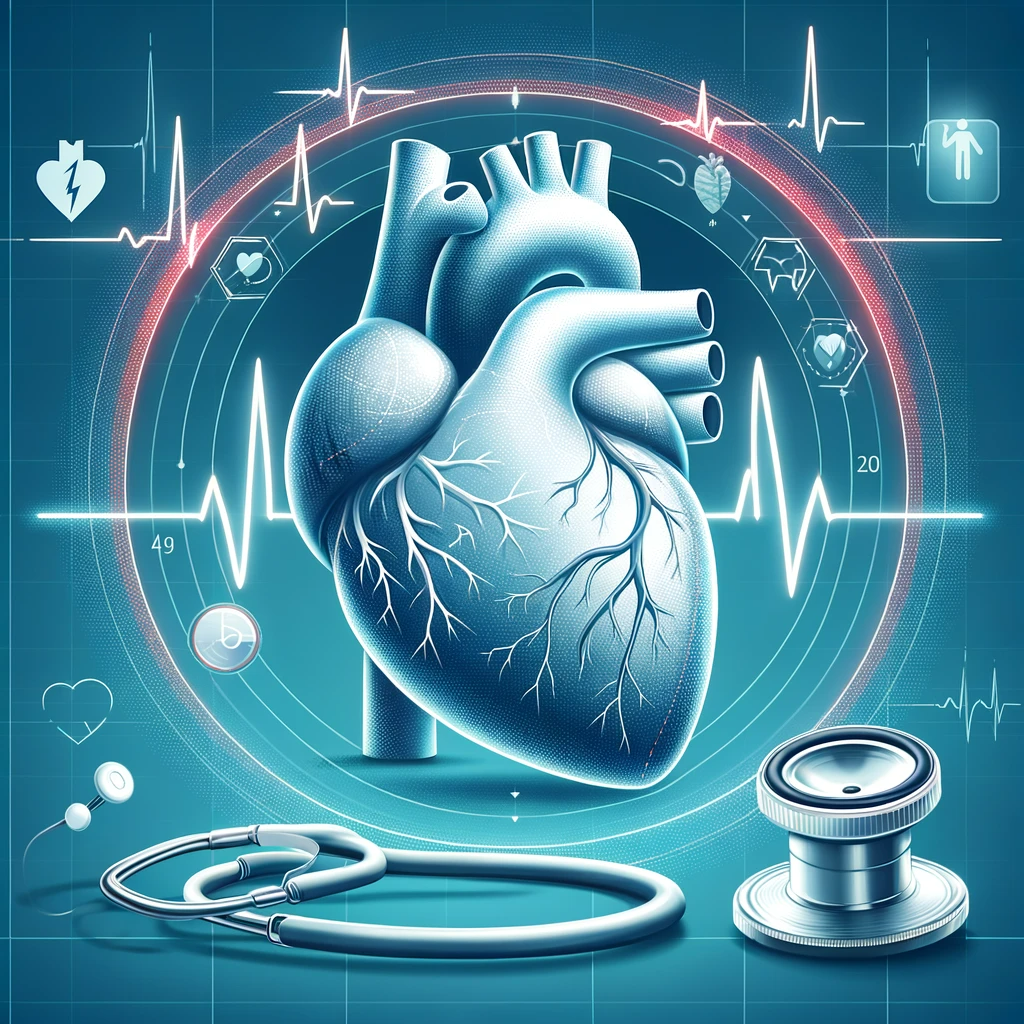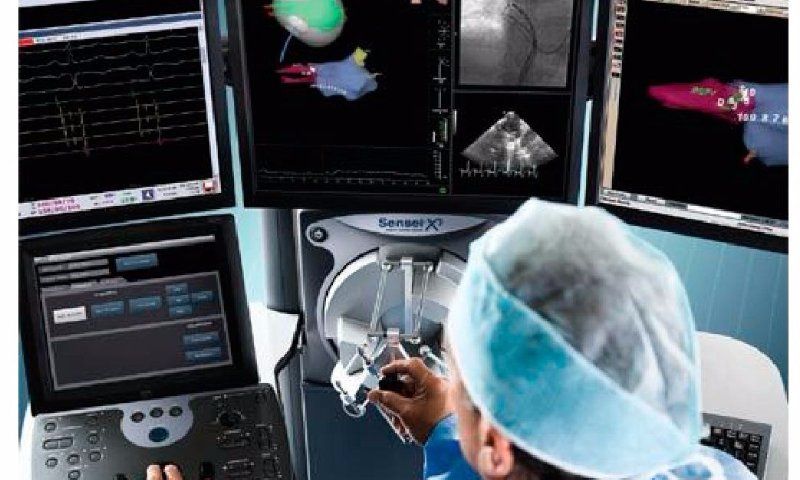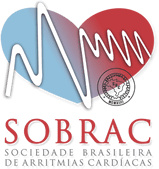CRMPR 26873 EQR's: 18399, 811 and 19314.:
Cardiology
Clinical Arrhythmia
Electrophysiology
Do you live far away and would like a medical opinion?
Participate in our second medical opinion program.
It's simple, fast and secure.
Cardiac arrhythmias affect millions of people around the world, presenting a variety of risks and challenges. At the Cardiac Arrhythmia Center, our goal is to demystify this condition by providing clear, comprehensive information. This detailed guide was created to help patients, families and caregivers better understand cardiac arrhythmias, their types, causes and symptoms.
What Are Cardiac Arrhythmias?
Arrhythmias are heart rhythm disorders that occur due to abnormalities in the heart's electrical impulses. These irregularities can cause a heartbeat that is too fast (tachycardia), too slow (bradycardia), or irregular.
Common Types of Arrhythmias:
- Atrial fibrillation: characterized by rapid and disordered heartbeats, mainly affecting the atria of the heart.
- Ventricular Tachycardia: an accelerated heart rate that begins in the ventricles and can be dangerous if not treated properly.
- Bradycardia: occurs when the heart beats slower than normal, which can lead to symptoms such as fatigue and dizziness.
- In addition to these, there are many other types, each with its own particularities and implications.
Common Causes:
Arrhythmias can be caused by a variety of factors, including:
- Structural or coronary heart disease.
- Electrolyte imbalances in the body.
- Medication side effects.
- Excessive consumption of alcohol or caffeine.
- Stress and anxiety.
- Genetic or congenital conditions.
Symptoms to Watch Out for:
Symptoms vary but may include:
- Palpitations or the feeling of a strong or irregular heartbeat.
- Dizziness, vertigo or fainting.
- Shortness of breath and difficulty breathing.
- Chest pain or discomfort.
It is crucial to seek medical attention if any of these symptoms are experienced.
Diagnosis and Treatment:
The diagnosis of arrhythmias generally involves tests such as electrocardiogram (ECG), Holter monitoring, among others. Treatment varies depending on the type and severity of the arrhythmia, and may include medications, cardiac ablation procedures or the implantation of devices such as pacemakers and defibrillators.
Living with Arrhythmia:
Many people with arrhythmias lead normal, active lives. Managing the condition may involve lifestyle changes such as a healthy diet, regular exercise and reducing stress. Regular medical monitoring and adherence to treatment are essential.
Understanding cardiac arrhythmias is critical to managing the condition effectively. At the Heart Arrhythmia Center, we are dedicated to providing high-quality care and trusted information to help our patients live healthier, fuller lives.
If you or a loved one are experiencing challenges related to heart arrhythmias, we invite you to explore more on our website. Here, you'll find in-depth resources, educational articles, and information on how to schedule an appointment with our team of experts. Take care of your heart, and we will be here to support you every step of the way.
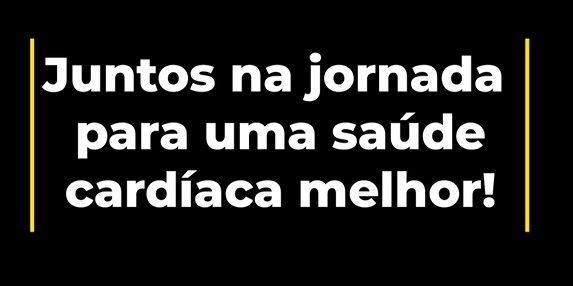
Do you know what Vasovagal Syncope or Fainting is?
Have you ever heard of arrhythmia ablation?
Ablation for Atrial Fibrillation and Other Complex Arrhythmias.
Complex ablations for the treatment of arrhythmias such as Atrial Fibrillation and cicatricial Ventricular Tachycardia are being carried out in Maringá with the help of new equipment, previously only available in large medical centers in São Paulo and other capitals.
Click for Information
Doctor Qualified by SOBRAC.




